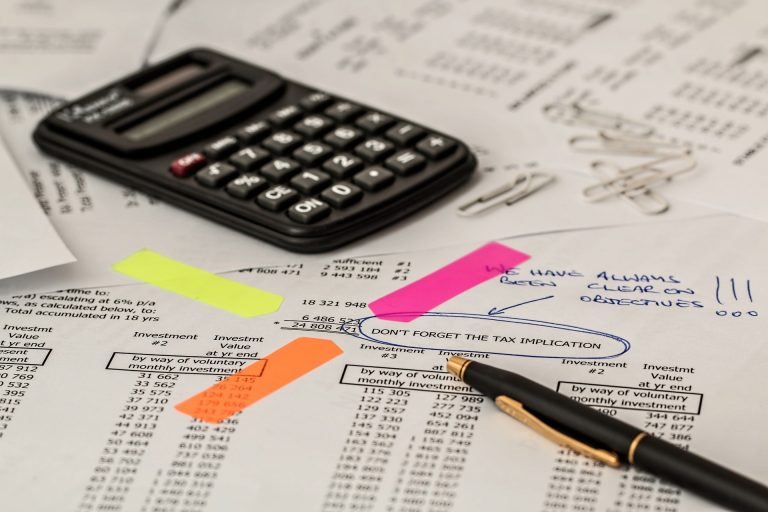Call us now:
Timing of Non-Vehicle Collateral Cramdown
Cramdown is most familiarly known as a tool to decrease monthly payments on vehicle loans. But you can also cram down debt on other collateral.
Cramdown is most familiarly known as a tool to decrease monthly payments on vehicle loans. But you can also cram down debt on other collateral.

Chapter 13 can discharge income taxes (write them off forever) if you wait long enough to file bankruptcy. Here’s how it works.
If you prefer to pay back wages to a present or prior employee, you can do so in Chapter 13 especially well if that debt is a priority one.
The coronavirus CARES Act temporarily allows ongoing Chapter 13 plans to be amended or "modified" to last a total of 7 years (instead of 5).
Here's an example of a Chapter 13 payment plan to pay past-due child and/or spousal support, showing how you can catch up safely and sanely.
Chapter 13 gives you a powerful, reasonable, flexible, and even calm procedure for catching up on your past-due child or spousal support.
Chapter 13 immediately stops the collection of past-due child or spousal support. But to keep that protection you must meet some conditions for stopping support collections.
Chapter 13 DOES stop the collection of unpaid child or spousal support from your after-filing income and other assets. Chapter 7 does NOT.
Chapter 7 does not stop the collection of unpaid child or spousal support, nor provide any procedure to pay the support. It may still help enough.
Here's an example of a Chapter 13 payment plan to pay income tax, showing how you pay what you can afford and avoid some interest, penalties.
Chapter 13's advantages in paying off your priority income taxes become clearer when you see what you don't have to pay.

Chapter 13 gives you valuable power to force your mortgage lender to be up front about how much you owe, and to efficiently dispute the amount.

Chapter 13 gives you much more power over your mortgage and other home-related debts so that you can sell your home when it's best for you.
Chapter 7 can prevent future income tax lien recordings against your home, if the tax is truly dischargeable and you have a no-asset case.
In determining your ability to strip off a junior mortgage, you must look at the superior liens, the amounts owing on those debts, and the value of your house.